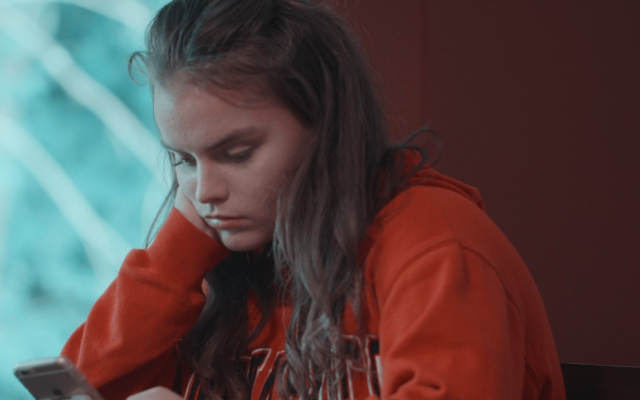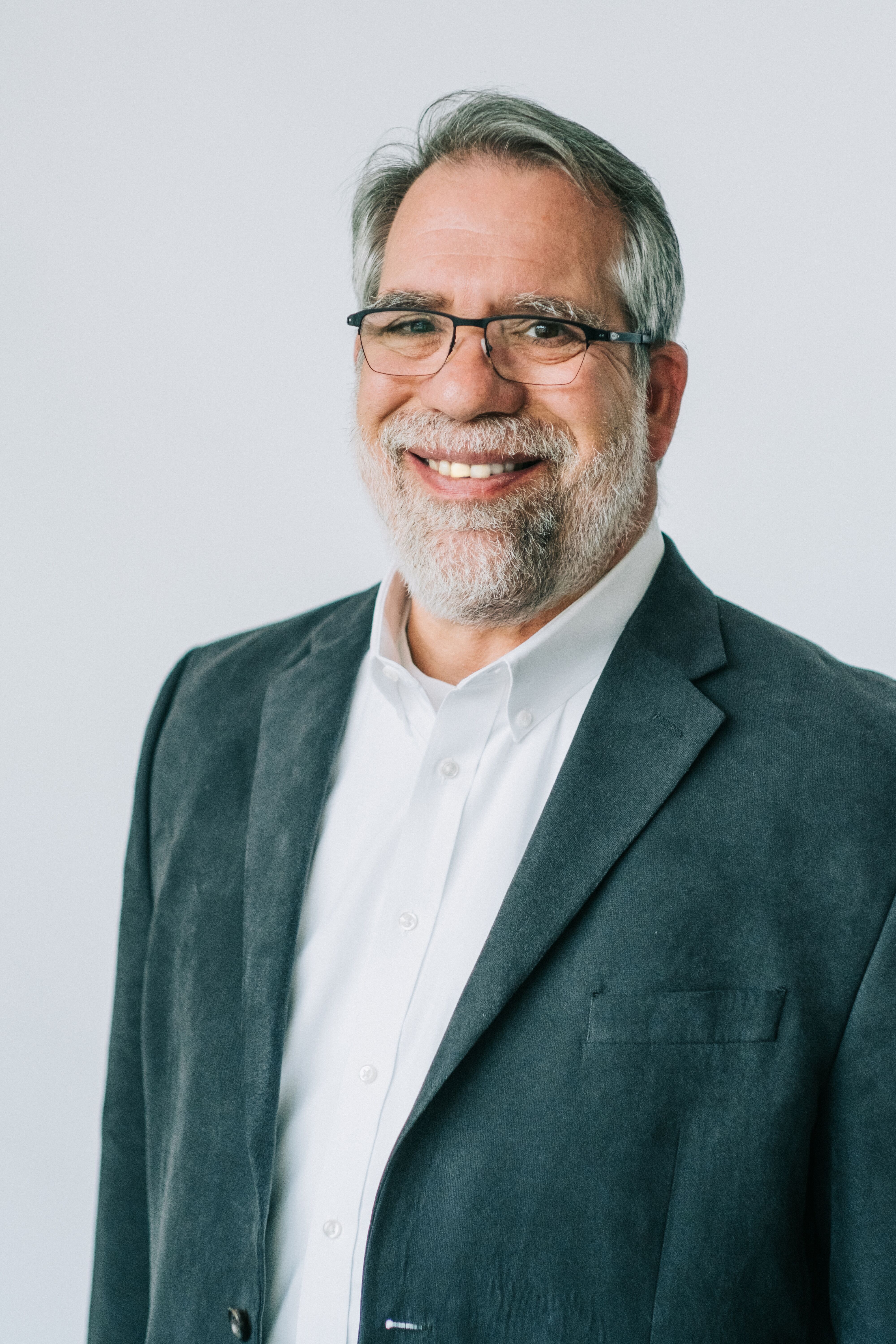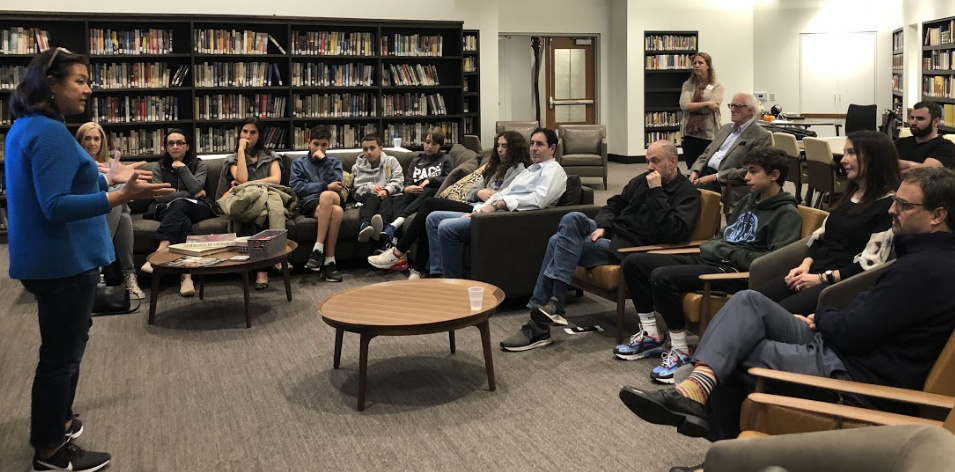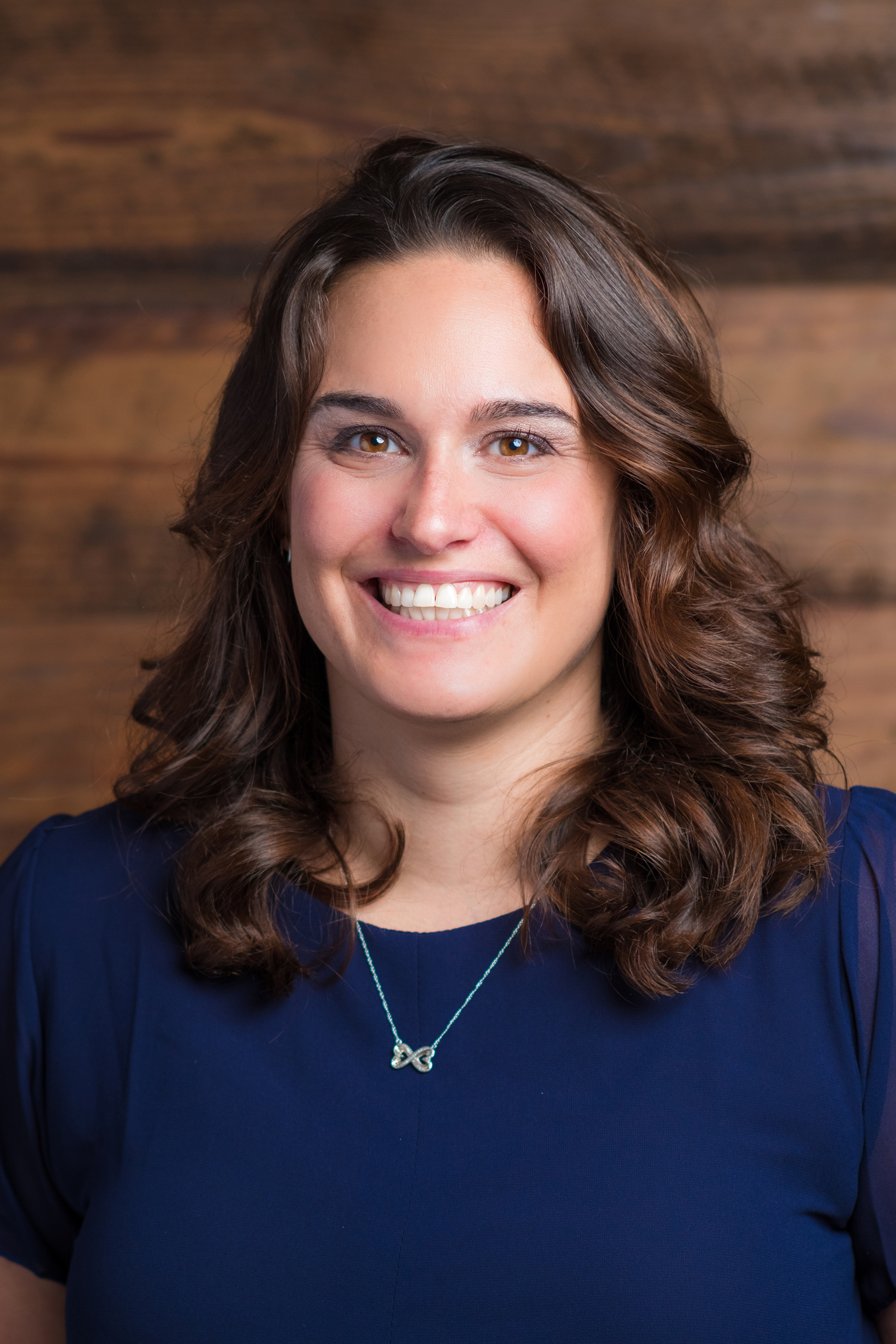Community Examines Social Media Addiction
In a series of community conversations, Atlanta’s Jewish teens were urged to “look up” and spend less time gazing down at their cell phones and electronic gadgets.

In a series of community conversations, Atlanta’s Jewish teens were urged to “look up” and spend less time gazing down at their cell phones and electronic gadgets. The advice to young people to take the initiative to limit the time they spend with social media is part of a new program by JumpSpark to combat what many see as a kind of social media addiction.
JumpSpark Director Kelly Cohen started the program to help create a more open dialogue between teens and their parents over the rampant use of social media.
“It’s one thing for parents at home to say ‘let’s talk about your social media usage,’ but when we create the right container and bring in the right people,” she said, “we can have these conversations with teens to open up new paths for dialogue.”
At three programs held last week at The Temple, Temple Sinai and JumpSpark offices in Sandy Springs, teens and their parents and concerned professionals had the opportunity to discuss a problem that is getting increasing attention by mental health professionals and others.

The emerging problem is that the hold that social media exerts over teens is increased by the need teens have to be accepted by their peers, according to Dan Arnold, director of clinical service at Jewish Family & Career Services in Atlanta.
“Social status and connectedness are hallmarks of the adolescent struggle, and the prevalence of social media compounds the issue. Whether it is cyber-bullying, the lack of privacy or trying to keep up with the Joneses – or Kardashians – the impact of social media and the related pressure can be extremely damaging.”
Participants in the JumpSpark program heard much the same message from Scilla Andreen, a filmmaker who has created an educational documentary simply entitled “Like.” It is a comprehensive overview of the effect that social media has on young people. The screening and discussion at JumpSpark in Atlanta was similar to other viewings of the film, which has been seen 700 times in 11 countries since it was released in March.

“It really empowers people to self-regulate, to say OK, I have the tools. I am going to put my phone down a little more. I am not going to be a slave to it,” Andreen said. “It’s been amazing to get that response from people.”
There are many health care professionals who believe that since the introduction of the iPhone and other smartphone devices, the lives of young people have been radically changed. No matter what their social and economic status, whether in the inner city or the suburbs, they have been deeply affected by social media and the use of the technology that delivers it.
Dr. Jerry Bubrick is a nationally recognized expert on obsessive compulsive disorders and the senior clinical psychologist at the Child Mind Institute. He appeared in the film “Like” shown in Atlanta.
“It can be an addiction, very much so,” he emphasized in a phone interview from New York. “It’s hard to think of it sometimes as an addiction because there’s no physiological gain other than, you know, that there’s that dopamine rush when something feels good. But this is a generation of children that only knows smartphones, which is a little scary that there’s not this kind of internal desire to kind of shut it down or keep it to a minimum. It seems like it’s just all the time.”
The issue of addiction is apparently international as well. A report, just published in the British medical journal, BMC Psychiatry, found that nearly a quarter of the young people studied had behavior consistent with addiction. Of the 42,000 people whose experience was analyzed, 23 percent could not control their usage of smartphones, the BBC reported Nov. 29. They became “panicky” and “upset” when they couldn’t use their phones, the study found.
Last year, a group of over 100 mental health professionals and child welfare experts working with the Campaign for a Commercial-Free Childhood wrote to Mark Zuckerberg, the founder and CEO of Facebook. They asked that he shut down Messenger Kids, the first social messaging app developed specifically for children under the age of 13.
“Social media use by teens,” they wrote, “is linked to significantly higher rates of depression, and adolescents who spend an hour a day chatting on social networks report less satisfaction with nearly every aspect of their lives.”
They went on to point out that half of all teens surveyed feel addicted to their phones and half the parents reported that they faced a constant battle trying to get their children to cut their use of social media.
“In a landscape of ubiquitous technology that undermines children’s emotional growth, the last thing the youngest among them need is a powerful enticement to move their friendships online” said Sherry Turkle, professor of the Social Studies of Science and Technology at the Massachusetts Institute of Technology. She was among the health professionals with the campaign who wrote to Zuckerberg.
It is, in a sense, this vulnerability that social media developers exploit. Facebook’s founding president Sean Parker has claimed that part of the enormous success of the social media platform is in the answer to a single question: “How do we consume as much of your time and conscious attention as

possible?” Messenger Kids is still an active part of the Facebook platform.
Part of the goal of the JumpSpark program is to start a more productive conversation between parents and their children over how to bring more balance into the discussiono of how technology affects personal and family relationships. According to Cohen, parents need to model the behavior they want their children to adopt.
In The New York Times Nov. 24, columnist David Leonhardt said as much. He suggested that everyone, not just teens, take a “Tech Shabbat” during the weekend following Thanksgiving.
“Turn off your phone, and keep it off for a full 24 hours,” he wrote. “I predict you’ll be surprised by how much you’ll like it.”



comments